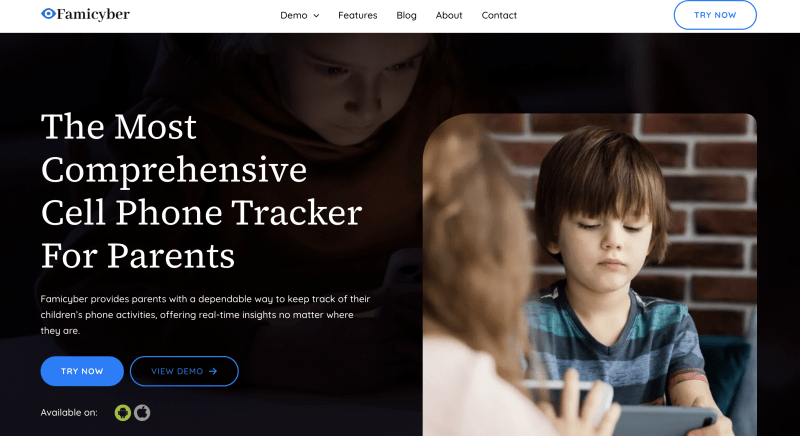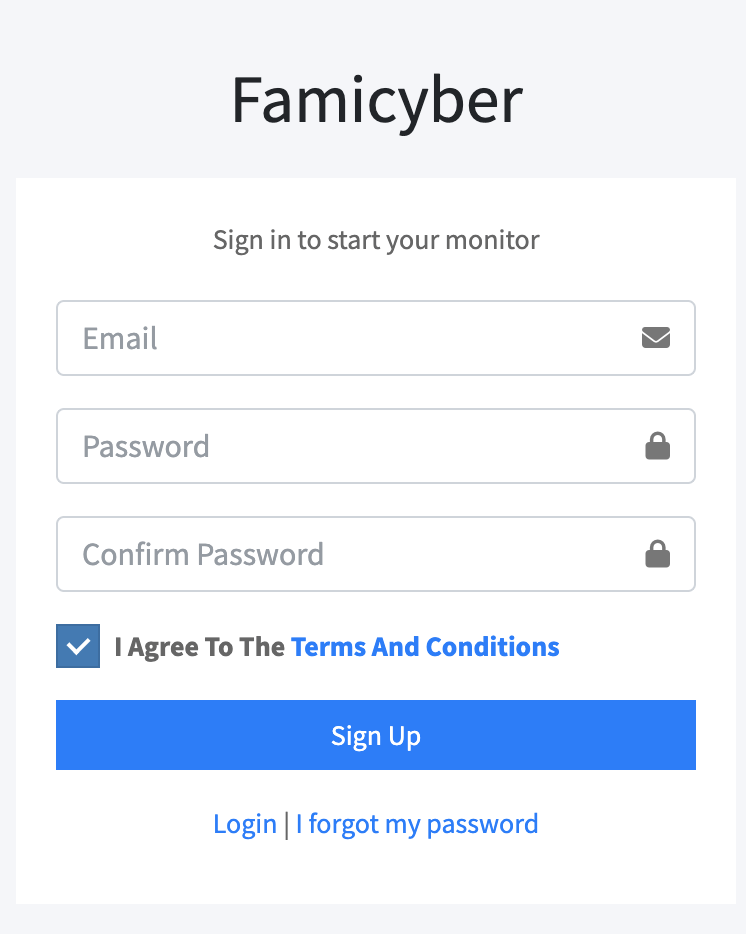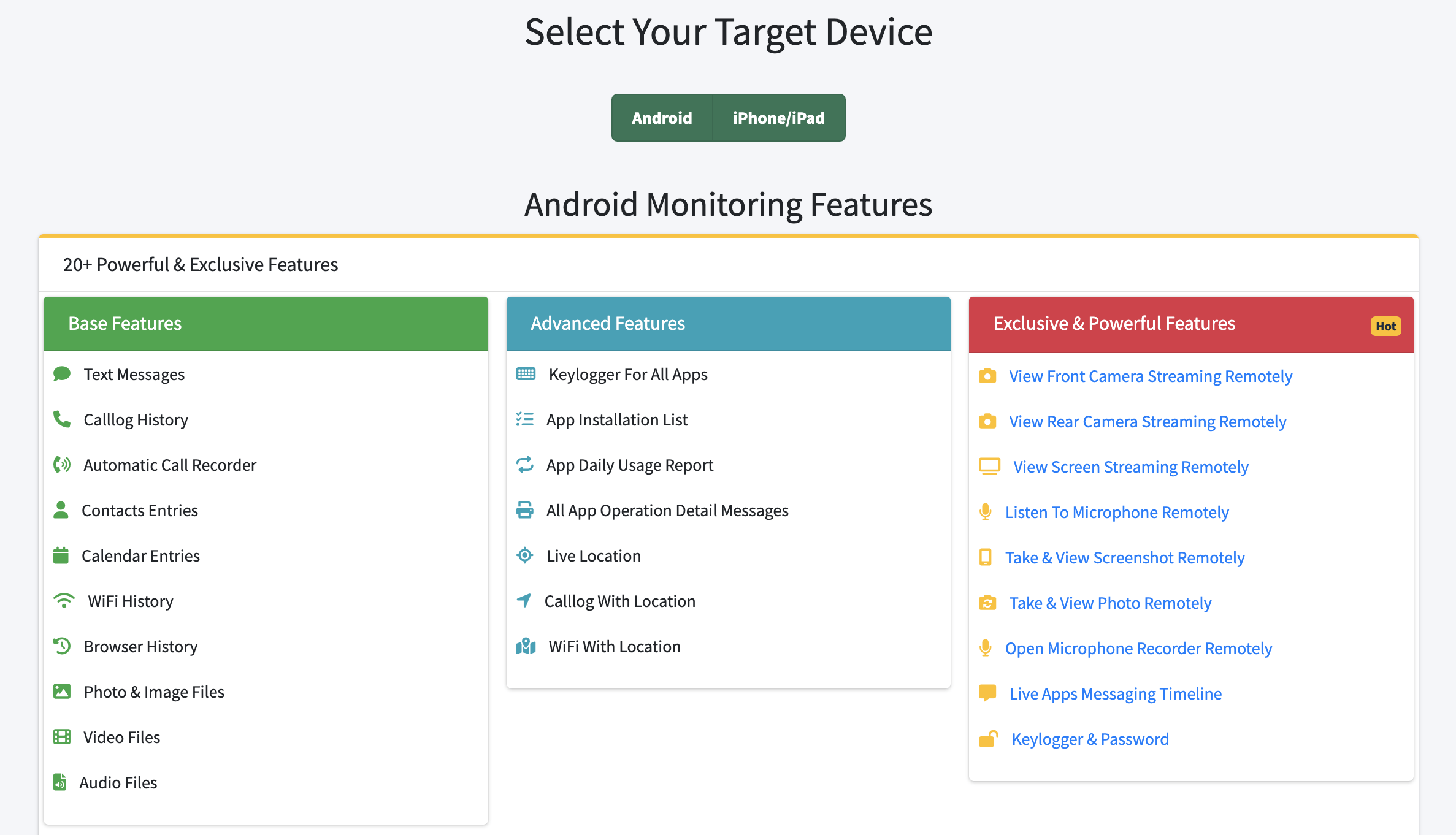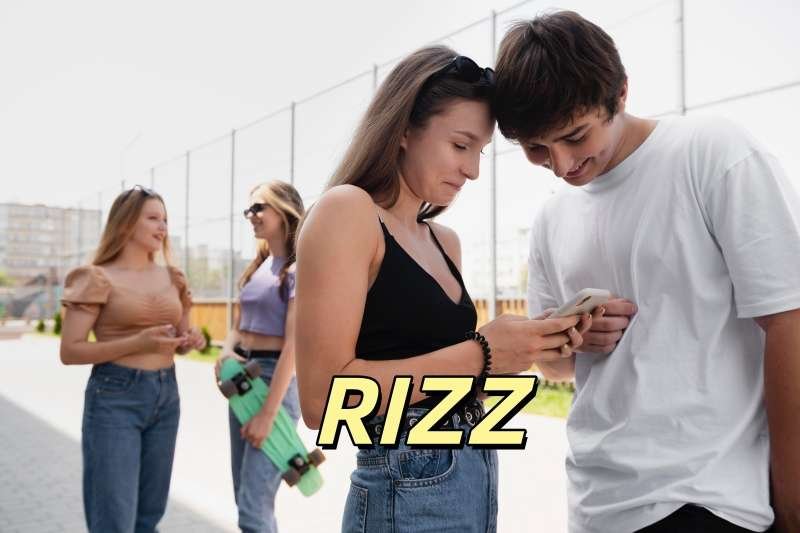It is widely believed that teenage slang is always changing, and new sayings can confuse teachers and parents alike. One such popular phrase is “OTP, ” used in many different contexts. If you have encountered the use of OTP during text messages, fandoms, or even cybersecurity conversations, you might ask yourself the following:
- What does OTP mean in texting?
- What does OTP mean in slang?
- Does OTP have different meanings across digital culture?
Once you know the meanings of the slang OTP within the context of texting and within the sphere of popular culture, you are better positioned to assist parents, teachers, and even casual internet users in comprehending digital discourse. This article explains what OTP literally means and analyzes its several meanings, usages, and why it is important to appreciate the evolution of language in the digital context.
What Does “OTP” Mean?
OTP could have many meanings depending on how and where it is used. Below are its primary meanings:
OTP Meaning in Texting: “On The Phone”
In casual texting conversations, OTP is short for “On The Phone.” If someone says that he or she is OTP, then he or she is currently on a call and is most likely unable to communicate by text.
Example:
- “BRB, OTP with Mom!” (Translation: “Be right back, I’m on the phone with my mom!”)
- “Can’t talk now, OTP with my boss.”
This usage is common in everyday texting and mostly indicates that someone is on a call.

OTP Slang: “One True Pairing” in Fandom Culture
In the fan culture, especially on Tumblr, Twitter, or Reddit, the fraction of fans called followers of fandom culture on those pages has a specific meaning for OTP, which is ‘One True Pairing.’ That means someone’s favorite couple in any book, TV series, anime, or movie.
Example:
- “Spider-Man & MJ are my OTP!” (Translation: “I think Spider-Man and MJ are the perfect couple!”)
- “Ross & Rachel? That’s my forever OTP.”

Additional Meaning: OTP as “One-Time Password”
This refers to the user’s one-time password in certain cases, particularly in security contexts. It is most frequently employed with online banking, accessing online accounts, or anything that necessitates two-factor authentication (2FA).
Example:
- “Enter the OTP sent to your phone to verify your login.”
Note: It is important to note that this meaning is not associated with instant messaging or teen slang but is important as an aspect of information technology.
Comparison of OTP in Different Contexts
| Context | OTP Meaning | Example Usage |
|---|---|---|
| Texting | On The Phone | “Can’t text now, OTP!” |
| Fandom Slang | One True Pairing | “Harry & Ginny are my OTP!” |
| Cybersecurity | One-Time Password | “Enter the OTP code to access your account.” |
Understanding these distinctions helps parents and professionals differentiate between casual texting and security-related OTP usage.
Usage of “OTP” in Texting
Now that we uncovered the most used meaning of OTP, it is time to see how it is used in conversations. Here are some scenarios of text messages written to demonstrate the use of OTP.
A. On The Phone
Friend 1: “Hey, did you see my text?”
Friend 2: “Sorry, OTP with my mom. Will reply later!”
Sibling: “Dinner is ready!”
You: “OTP with a client; be there in 10 minutes.”
B. One True Pairing
Friend 1: Have you watched Heartstopper yet? Which couple is your favorite?
Friend 2: Nick and Charlie are my OTP! Their relationship is so wholesome.
Twitter Post: “Do you ship Katniss & Peeta or Katniss & Gale? My OTP will always be Katniss & Peeta!”
Using bullet points, here’s a quick guide:
- OTP in texting = Currently busy on a call.
- OTP in fandom = Favorite fictional couple.
- OTP in security = A one-time password for authentication.
The Evolution of “OTP” in Digital Culture
Usage of the slang OTP did not just appear one day. It emerged through fandom, social media, and online speaking customs.
- Google Trends Data: Searching “what does OTP mean in texting” has become popular after 2010 due to the boom of fandom culture on Tumblr and Twitter.
- Fandom Influence: The use of ‘OTP’ as slang was created by casts of popular TV Shows, anime, and K-Pop who liked discussing fictional and celebrity pairings.
- Pop Culture References:
- Ross & Rachel (Friends)
- Harry & Ginny (Harry Potter)
- Katniss & Peeta (The Hunger Games)
Teenagers still often use OTP, which can be explained by pop culture and the Internet language.
Why Parents Need to Understand “OTP” and Similar Slang
Understanding slang like OTP meaning in the text helps parents:
- Decode digital conversations without misinterpretation.
- Stay informed about online culture and what their teens are discussing.
- Identify potential red flags if slang is used in secretive or concerning contexts.
Teen slang evolves rapidly, so staying updated helps maintain healthy communication between parents and children.
Tools to Monitor and Understand Teen Slang
Nowadays, keeping up with teen slang is certainly not as straightforward as it seems. Famicyber appears to have the solution to this issue, as it allows parents to track smartphones. Famicyber supports chat and web filtering alongside limiting daily device usage. Parents can help keep their children safe and teach them about responsible internet use by actively participating in their online lives.

Key Features of Famicyber:
- Monitors text messages and all online activities.
- Tracks social media and gaming chat.
- Shares insights into online actions.
- Provides live location updates.
How to Get Started
Step 1. Sign up
Go to the Famicyber and create a new account.

Step 2. Install the App
Famicyber can be downloaded on Android devices or synced to Apple devices via iCloud.

Step 3. Begin monitoring
Set up the application and start tracking messages, app, and web usage.

Step 4. Review & Discuss
For example, if the term “POS” is used, start discussions about online habits.
Conclusion
Modern communication today heavily relies on slang terms like OTP. As parents, teachers, and general internet users, understanding the slang meanings of terms like OTP enables them to integrate better into the digital culture. OTP can refer to a phone call or favorite fictional characters, or it can also serve as a one time password.
Parents can improve relations with their children while safeguarding their online ventures by remaining updated, using tools such as Famicyber, and conversing with their teens.
Hi, I’m Elaine, a psychologist specializing in digital psychology, focusing on how technology impacts teens and adults. At famicyber.com, I offer advice on managing online behavior, from guiding parents with teens’ screen time to helping partners maintain healthy digital relationships. I hold degrees in Clinical Psychology from Columbia University and have 6 years of experience as a Clinical Psychologist and 4 years as a Researcher.






